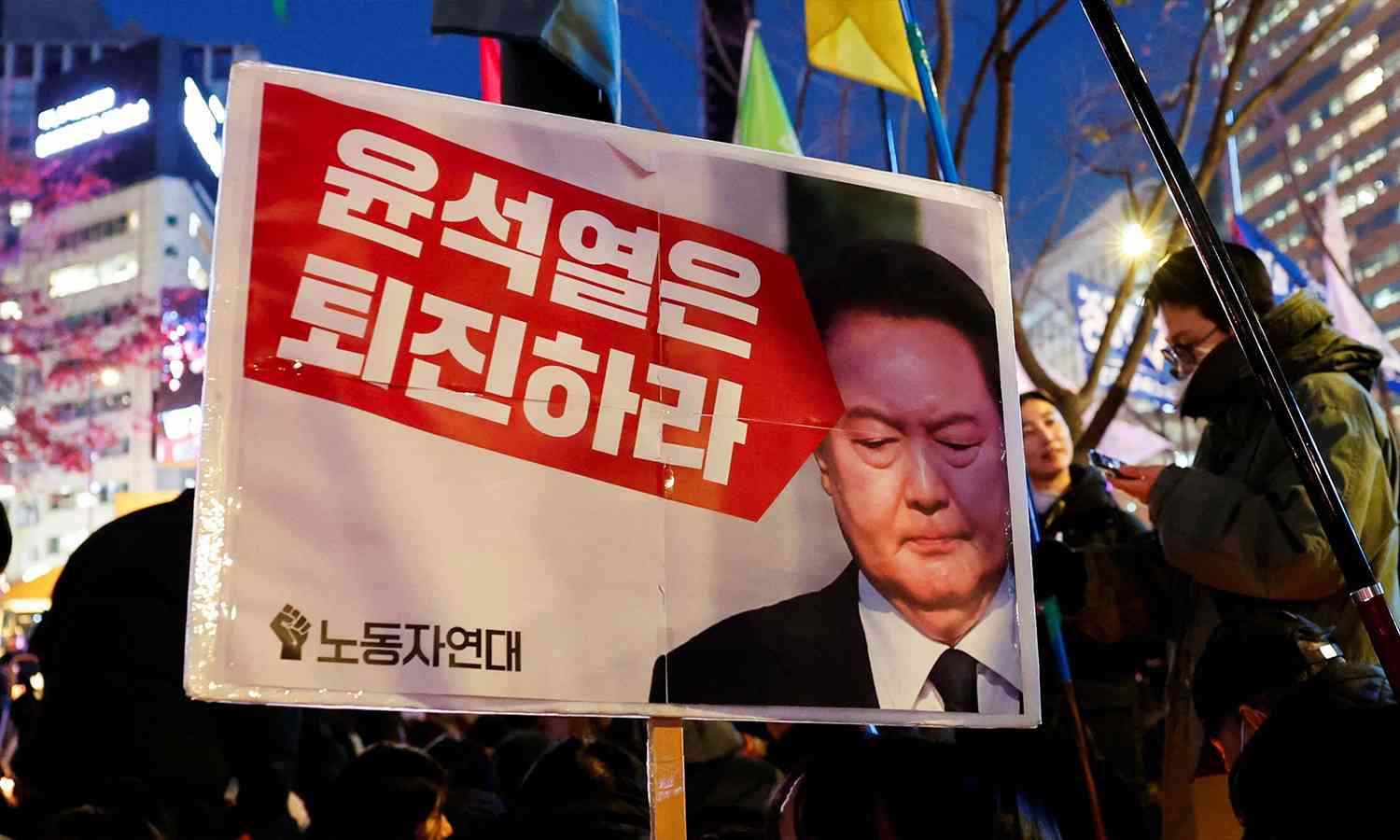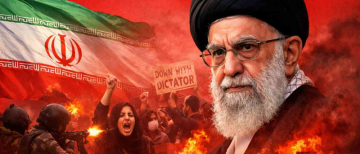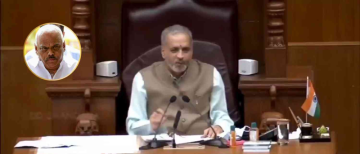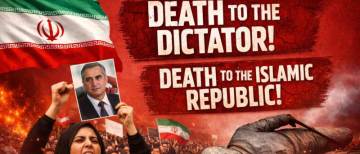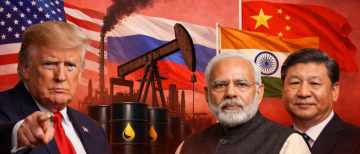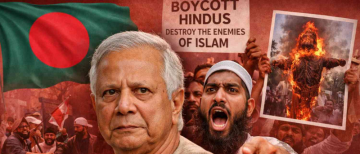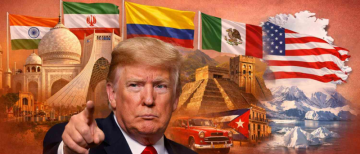The unfolding political crisis in South Korea has taken a dramatic turn, with high-profile arrests, allegations of rebellion, and intense scrutiny on President Yoon Suk Yeol’s controversial declaration of martial law. This unprecedented political turmoil has not only shaken South Korea’s democratic foundations but also raised serious questions about the balance of power, the rule of law, and the nation’s political stability.
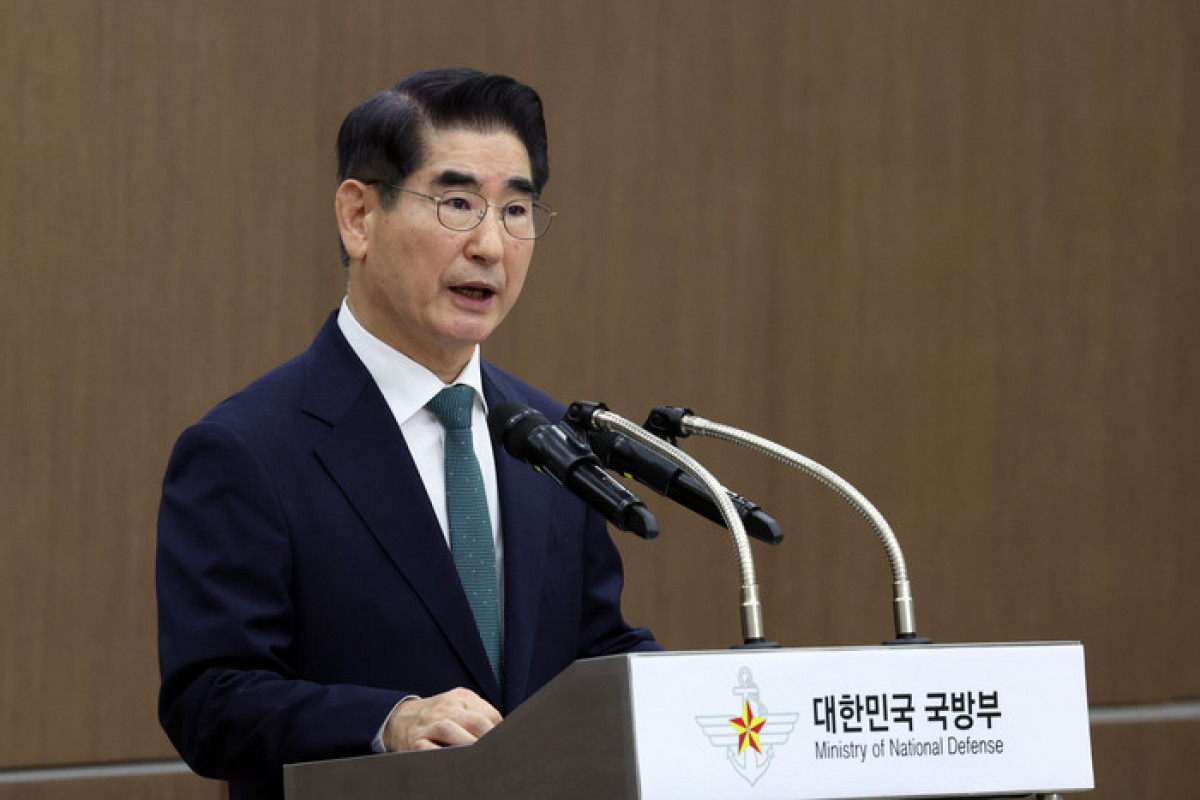
Failed Suicide Attempt and Arrest of Key Figures
Former Defense Minister Kim Yong Hyun, a close ally of President Yoon, attempted suicide while in detention on charges related to his involvement in the December 3 martial law decree. Kim was accused of orchestrating the deployment of troops to block lawmakers from rejecting the martial law order. Although his attempt was thwarted, the incident underscores the immense pressure on key figures embroiled in the scandal. Kim’s arrest marks the first formal detention over the decree, signaling the gravity of the situation. Authorities have also detained senior law enforcement officials, including the National Police Agency Commissioner General Cho Ji Ho and Seoul’s police chief, Kim Bong-sik, for their alleged roles in using police forces to obstruct parliamentary proceedings. These arrests highlight the extent to which state machinery was allegedly mobilised to enforce the controversial decree.
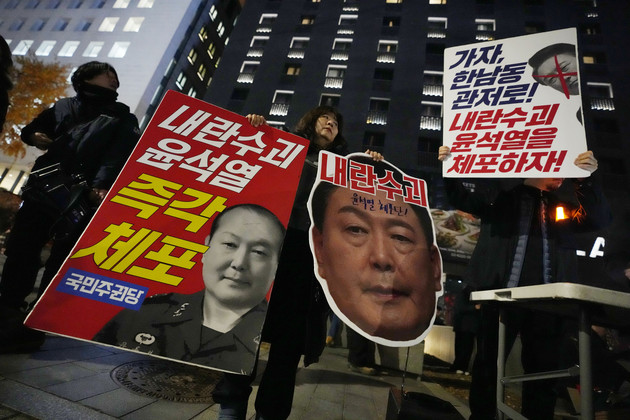
Investigation Intensifies: Focus on President Yoon
The investigation has reached the highest echelons of power, with police attempting to search President Yoon’s office for evidence related to the martial law declaration. However, the attempt is fraught with challenges due to legal restrictions on accessing sites containing state secrets without authorisation from those in charge. Local media reports of the search remain unconfirmed by the police or the presidential office, further deepening the intrigue surrounding the investigation.
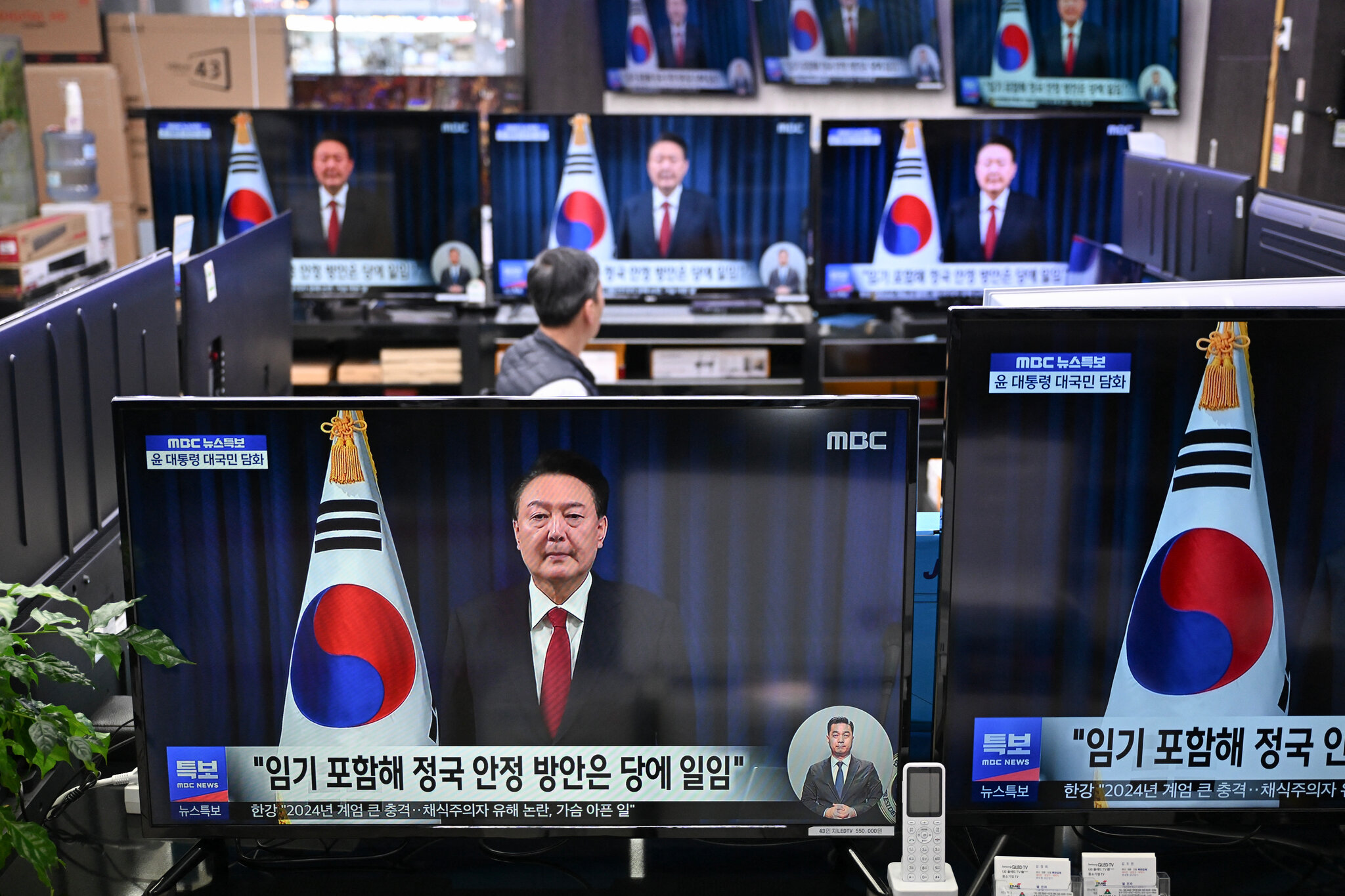
Constitutional Crisis and Political Fallout
President Yoon’s martial law declaration, aimed at suppressing what he termed “anti-state forces,” has been widely criticised as unconstitutional. Legal experts and opposition parties argue that martial law can only be declared under dire circumstances such as war or national emergencies, conditions absent in this case. Deploying troops to the National Assembly to disrupt legislative proceedings has been labeled a blatant act of rebellion, a charge that carries severe penalties, including the death sentence. The Democratic Party, the main opposition, plans to reintroduce a motion to impeach Yoon after a previous attempt failed due to a boycott by ruling party lawmakers. If the impeachment motion succeeds, Yoon’s presidential powers would be suspended, pending a Constitutional Court ruling on his removal from office. In the event of his dismissal, South Korea would face a new presidential election, adding further uncertainty to an already volatile political landscape.
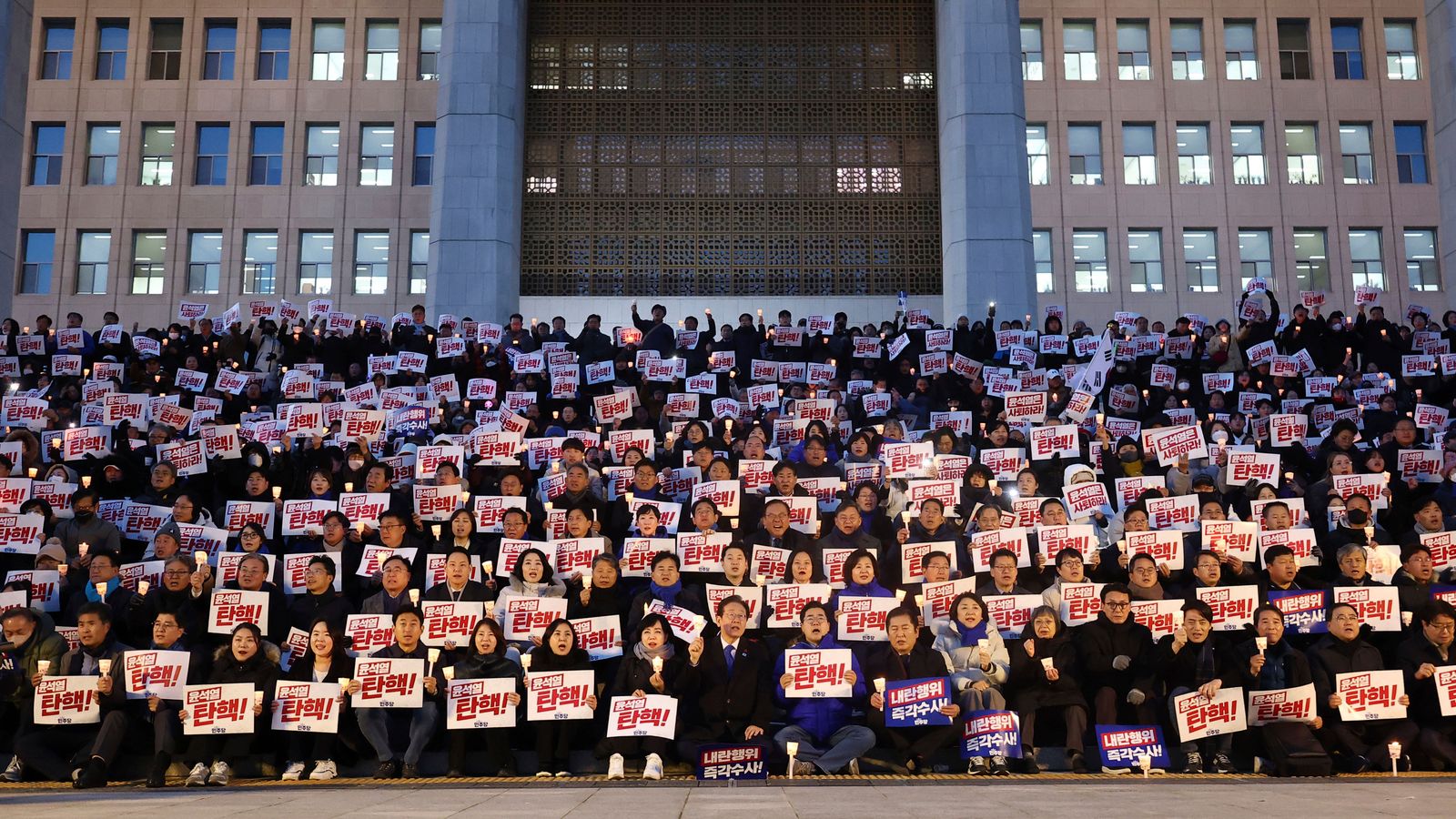
Allegations of Abuse of Power
Testimonies from senior military officials have revealed alarming details about the implementation of martial law. Army commander Kwak Jong-keun testified that Yoon ordered troops to forcibly remove lawmakers from the National Assembly. Meanwhile, a counterintelligence officer disclosed plans to use a military bunker to detain politicians and other figures. These allegations, if proven true, paint a picture of a president willing to undermine democratic norms and institutions to consolidate power.
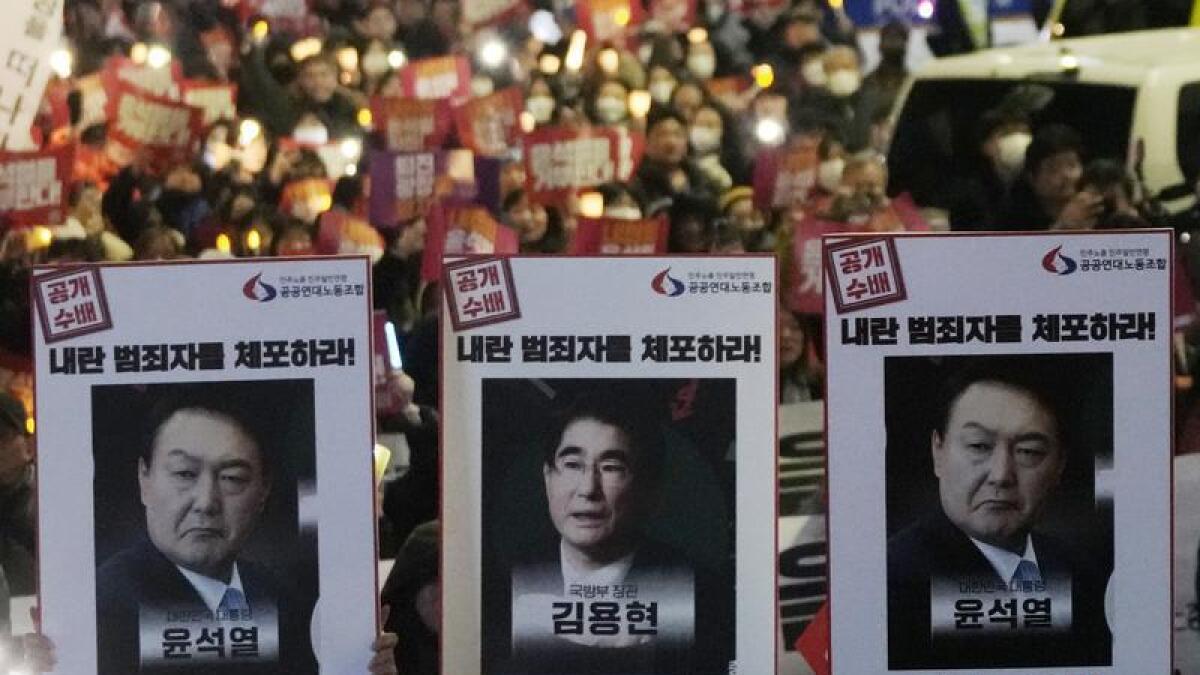
Implications for South Korea’s Democracy
The crisis has paralysed South Korea’s political system, disrupted its foreign policy, and shaken financial markets. Yoon’s acknowledgment of the backlash and his offer to take responsibility have done little to quell the growing calls for his resignation. The conservative party’s proposal for a managed transition of power has been dismissed as unconstitutional, leaving impeachment as the only viable path to resolving the crisis. This unprecedented situation exposes deep fissures in South Korea’s political fabric, posing a significant test to its democratic resilience. The outcome of the investigation and impeachment process will not only determine Yoon’s fate but also set a precedent for how South Korea addresses overreach by its highest office.
With inputs from agencies
Image Source: Reuters
© Copyright 2024. All Rights Reserved Powered by Vygr Media.

